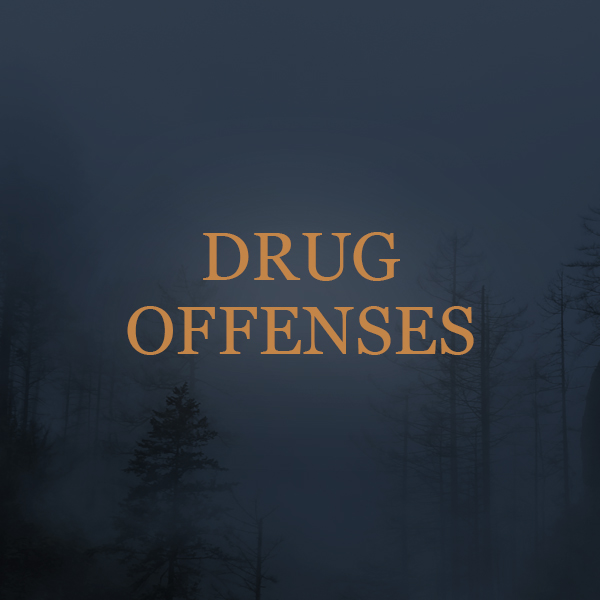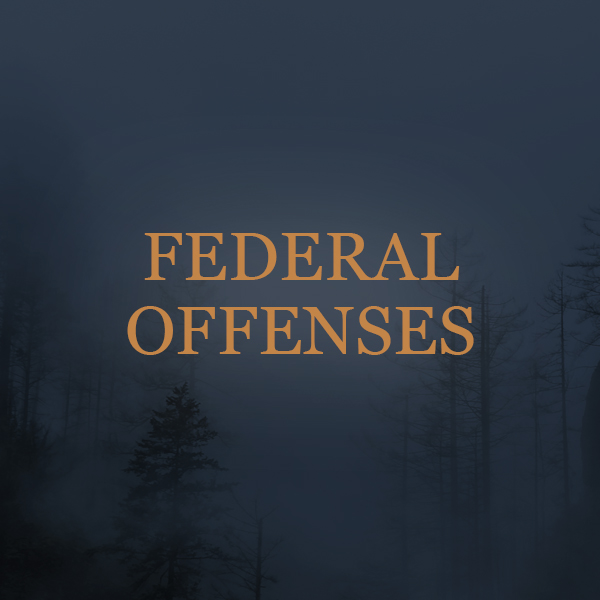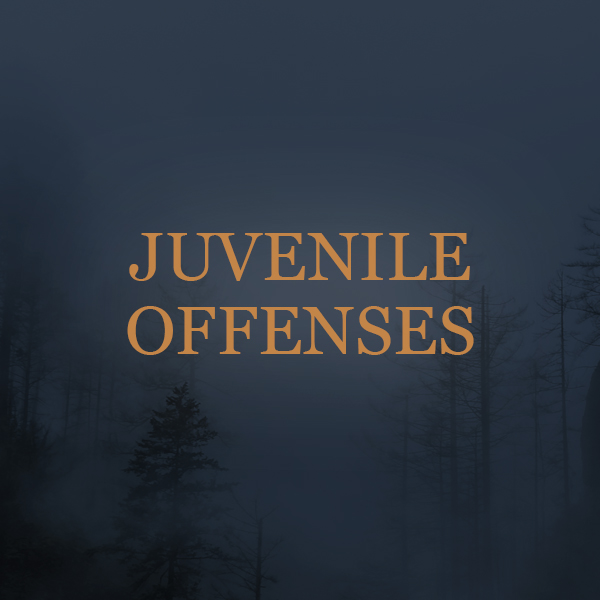Earlier this year, senator Floyd Prozanski (D, District 4) and representative Ann Lininger (D, District 38) introduced emergency legislation to protect the identities of Oregonians and other who purchase cannabis in Oregon.
This comes in the wake of Jeff Sessions’ (R) appointment to Attorney General. Sessions has been openly critical of what he calls “dangerous” cannabis, and has said on numerous occasions that people who use cannabis are “stupid” and “idiots.” Needless to say, the cannabis legalization advocate community is concerned by the implications of such an appointment.
On the campaign trail, then-candidate Donald Trump espoused a Lasse-faire attitude toward cannabis legalization, saying at least in the case of medical cannabis that the issue ought to be left to the states. After a contentious election, legalization advocates were hopeful that their movement might finally get some much-needed support. Recent polls suggest overwhelming popular support for national cannabis legalization.
It wouldn’t be outlandish to say that embarking on a federal crusade against states which have legalized cannabis would constitute political suicide. Nonetheless, recent events have shown that trying to predict the future is becoming more and more difficult.
Legal Protection in a Possible Future
One scenario that horrifies everyone involved in the legal cannabis industry is the possibility of crackdown on end users. Thanks to legacy systems built during the medical-only days, most recreational cannabis shops have up until now been keep detailed records on their customers.
There is a good legal reason for this; at least some information must be stored for the purposes of determining whether or not a recreational buyer is staying within the daily buying limits. However, it has become common practice in the industry to keep track of demographic information as well.
This information can be mined, along with a purchase history, for valuable marketing insights. If the Federal Government were to begin raiding recreational cannabis shops in Oregon, there was the chance that they would be able to seize the names and purchase histories of everyone who has ever purchased marijuana legally.
Depending on how one were to interpret the law, recreational cannabis users in Oregon could theoretically be subject to Draconian Federal penalties up to and including time in Federal Prison. Thankfully, Oregon legislators rallied to protect their people by passing Senate Bill 863.
Senate Bill 863 prohibits marijuana retailers from recording, retaining and transferring the type of information that is contained on passports, drivers’ licenses, military identification cards, or other identification cards that bear the picture of a person. Effective 30 days after the enactment of the Act, all marijuana will have to destroy any of the aforementioned information they have already accumulated.
Cannabis Lawyers Could Be Quite Important
If the federal government decides to go forward with new enforcement measures against legalized recreational cannabis in Oregon, we can expect that both lawmakers and private citizens will offer considerable resistance.
Already, a coalition of legalized cannabis states is working on the Federal level to declaw Sessions and prevent his Justice Department from running rampant over the rights of their states and constituents. Nonetheless, the road ahead is daunting.
The 91st congress passed the Controlled Substances Act and it was signed by Richard Nixon in 1970. Somehow slipping through the jaws of obvious constitutional challenges, this strange and arbitrary law allowed lawmakers and bureaucrats to rate the medical efficacy of different substances based primarily on hunches and political expediency and then ban them accordingly, thereby getting around the necessity of different laws being passed for each individual substance.
The Controlled Substances Act also allowed a floating target to roam around the landscape of psychochemical research. It was uncertain whether or not any new possibly therapeutic compound might end up on Schedule I, denoting both serious danger and no medical use, since substances like cannabis and psychoactive mushrooms both ended up on the list despite recognized therapeutic properties.
Paid-For Prisons and Federal Drug Squads
The price paid in blood and treasure to enforce the Controlled Substances Act cannot be overstated. Many a keen observer has noticed a direct correlation between enforcement of petty drug crimes and the proportion of prisons being operated by private concerns.
Drawing a direct line between law enforcement unions, private prison lobbyists, legislators, and new and more punitive drug laws is fairly simple as far as pay-for-play influence schemes go.
This despite the fact that law enforcement has expressed overwhelming support for cannabis legalization, the powers that be continue to put them on the front lines of an unwinnable war. And now, in states such as Oregon where the people and lawmakers alike have declared a cease-fire in the war against cannabis, the Federal government threatens to reignite tension with a yet-unseen dynamic at play: what will it look like if the legal states resist federal marijuana law enforcement?
Will we see state law enforcement agencies engage to protect their citizens from federal over-reach? This is a new day in the history of the drug war. It will require creative approaches if the legalizing states intend to stick up for their people. Never before in the history of the country have States stood up against Federal regulations so boldly. Only time will tell whether their pluck and determination will pay off, or whether a new dark day of drug Wat intensification will dawn.
Oregon Cannabis Lawyers Looking Out For You
In the uncertainly atmosphere of the current Presidential Administration, it helps to have a cannabis lawyer on your side. Though laws like Senate Bill 863 might work to protect legal cannabis users’ identities and purchase habits from mass seizure by the federal government, it might not protect all legal cannabis users completely.
When you have a marijuana issue that requires a marijuana attorney, Veralrud and Fowler are there with the up-to-date cannabis law news you need to protect you. Stand with a Eugene law firm that stands for your rights. If you have a cannabis case, you can call Eugene defense lawyers Veralrud and Fowler today for a free consultation.
SWIPE FOR MORE CATEGORIES






